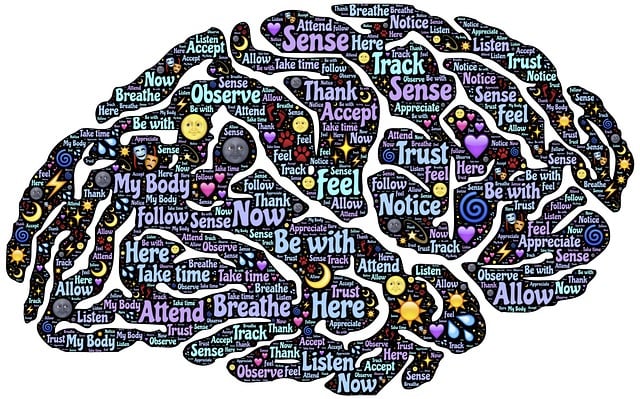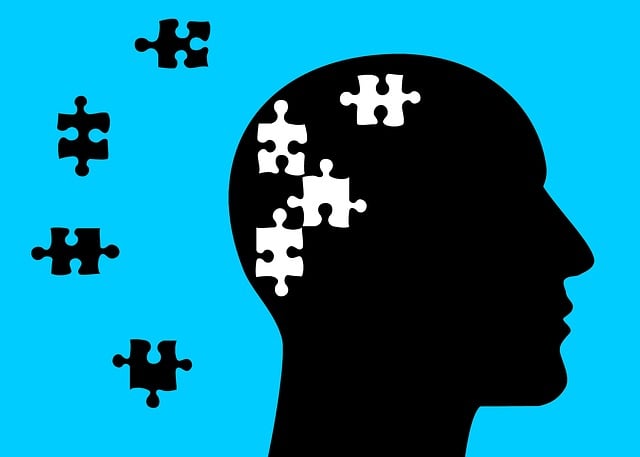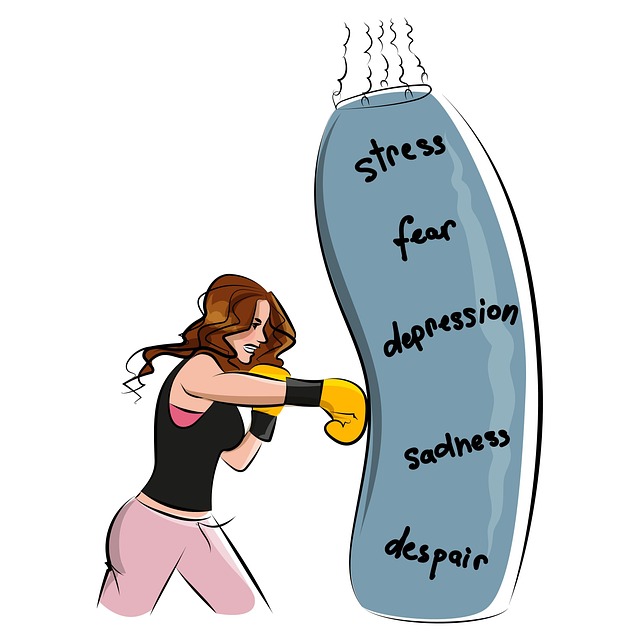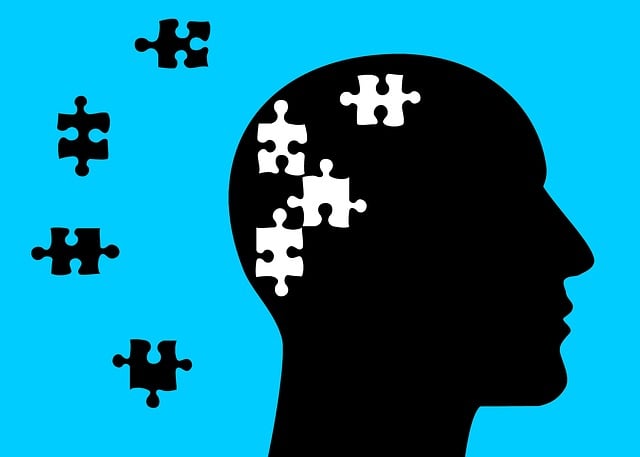Mental health advocacy is a global movement destigmatizing mental illness and improving access to care. Organizations like Broomfield Stress Management Therapy focus on both local communities and rural areas, using awareness raising, education, and policy pushing to drive change. Their holistic approach includes self-care routines, podcast series, and evidence-based coping skills training tailored to individual needs. By combining global and local efforts, Broomfield Stress Management Therapy normalizes support-seeking and fosters compassion. Community engagement strategies like Social Skills Training and Mind Over Matter Principles enhance well-being outcomes while empowering individuals to recognize distress signs for early intervention. Initiatives integrating Emotional Intelligence and cultural competency training are reshaping awareness and education worldwide, leading to reduced severe mental health episodes, improved patient satisfaction, and shorter wait times for care.
Mental health advocacy initiatives play a pivotal role in shaping global well-being. This article delves into various facets of this crucial field, offering a comprehensive overview from a global perspective. We explore innovative strategies like Broomfield Stress Management Therapy, which unlocks effective techniques for optimal mental health.
Through community engagement and awareness campaigns, we uncover the power these initiatives hold in reducing stigma. Success stories from around the world highlight impactful programs that showcase the potential for positive change.
- Understanding Mental Health Advocacy: A Global Perspective
- Broomfield Stress Management Therapy: Unlocking Techniques for Well-being
- The Power of Community Engagement in Mental Health Initiatives
- Innovative Strategies for Raising Awareness and Reducing Stigma
- Success Stories: Impactful Mental Health Advocacy Programs Worldwide
Understanding Mental Health Advocacy: A Global Perspective

Mental health advocacy initiatives have gained global prominence, recognizing the universal need to destigmatize mental illness and promote well-being. At its core, advocacy involves raising awareness, educating communities, and pushing for policies that support better access to mental health services. In diverse settings, from urban centers like Broomfield Stress Management Therapy’s focus on local communities, to rural areas with unique challenges, advocates are fostering conversations and driving change.
A holistic approach to mental health advocacy emphasizes self-care routine development, encouraging individuals to prioritize their mental wellness through practices that cultivate positive thinking. This includes the production of mental wellness podcast series that offer valuable insights, share personal stories, and provide strategies for managing stress and cultivating resilience. By combining efforts globally and locally, mental health advocates are painting a new narrative where seeking support is normalized, fostering a more compassionate and inclusive society.
Broomfield Stress Management Therapy: Unlocking Techniques for Well-being

Broomfield Stress Management Therapy is a pioneering initiative aimed at empowering individuals to unlock their path to well-being and overcome mental health challenges. This therapy focuses on providing effective coping skills development, which is crucial in navigating the complexities of modern life. By targeting stress management, the program seeks to alleviate symptoms associated with various mental illnesses and reduce the societal stigma that often surrounds them.
The therapy offers a holistic approach, combining evidence-based techniques to prevent burnout among healthcare providers, who are at a higher risk due to their demanding professions. Through tailored sessions, participants gain insights into managing stress, enhancing resilience, and improving overall mental wellness. This initiative reflects a broader trend in mental illness stigma reduction efforts, promoting awareness and fostering supportive environments for individuals seeking support.
The Power of Community Engagement in Mental Health Initiatives

In the realm of mental health advocacy, community engagement is a powerful tool that can significantly enhance the impact of initiatives aimed at improving well-being. Broomfield Stress Management Therapy has recognized this fact and incorporated community-based strategies into their approach, demonstrating that collective efforts can foster better mental health outcomes. By involving local communities in programs like Social Skills Training, they create a supportive network where individuals learn not only coping mechanisms but also gain the confidence to seek help when needed. This collaborative model not only reaches a broader audience but also ensures that services are tailored to meet the unique needs of diverse communities.
Moreover, community engagement plays a crucial role in risk assessment for mental health professionals. Mind Over Matter Principles, when taught within these communities, empower individuals with knowledge about recognizing signs of distress and promoting early intervention. This proactive approach can prevent escalation and reduce the burden on professional support systems. By fostering open conversations and normalizing mental health discussions, communities become more resilient, mirroring the transformative potential of Broomfield Stress Management Therapy’s comprehensive programs.
Innovative Strategies for Raising Awareness and Reducing Stigma

In the ongoing fight against mental health stigma, innovative strategies are reshaping how we approach awareness and education. One such tactic gaining traction is the integration of Emotional Intelligence (EI) into various aspects of society. Broomfield Stress Management Therapy, for instance, has recognized the power of EI in empowering individuals to manage stress effectively and foster healthier relationships. By teaching emotional regulation skills, these initiatives help people navigate life’s challenges with resilience, thereby reducing the impact of stressors that often contribute to mental health issues.
Moreover, Healthcare Provider Cultural Competency Training plays a pivotal role in this narrative. Equipping healthcare professionals with the knowledge and sensitivity to understand diverse cultural perspectives on mental health is crucial. This training enables providers to offer tailored, inclusive care, ensuring that everyone receives support suited to their unique needs and backgrounds. Such efforts not only promote understanding but also encourage individuals to seek help without fear of judgment or discrimination.
Success Stories: Impactful Mental Health Advocacy Programs Worldwide

Mental health advocacy initiatives around the globe have led to numerous success stories, demonstrating the power of community engagement and professional support. For instance, Broomfield Stress Management Therapy in the UK has made significant strides in improving mental well-being through tailored therapy sessions and community outreach programs. Their approach focuses on early intervention and prevention strategies, targeting high-risk groups with personalized care. This proactive model has led to reduced rates of severe mental health episodes, showcasing its impact on a local level.
On an international scale, initiatives like Mindfulness Meditation training for healthcare providers have gained traction in addressing burnout prevention. These programs emphasize the importance of cultural competency within healthcare settings, ensuring that providers can offer empathetic and culturally sensitive support to diverse patient populations. Such efforts contribute to better mental health outcomes, as evidenced by improved patient satisfaction rates and reduced wait times for specialized care, especially among marginalized communities.
Mental health advocacy initiatives, as showcased through global perspectives, effective therapies like Broomfield Stress Management Therapy, and community-driven engagement, hold immense potential in transforming mental healthcare. Innovative strategies for raising awareness and reducing stigma further emphasize the need for continuous support and education. Success stories worldwide highlight the profound impact of dedicated programs, inspiring us to advocate for better mental well-being on a global scale.














